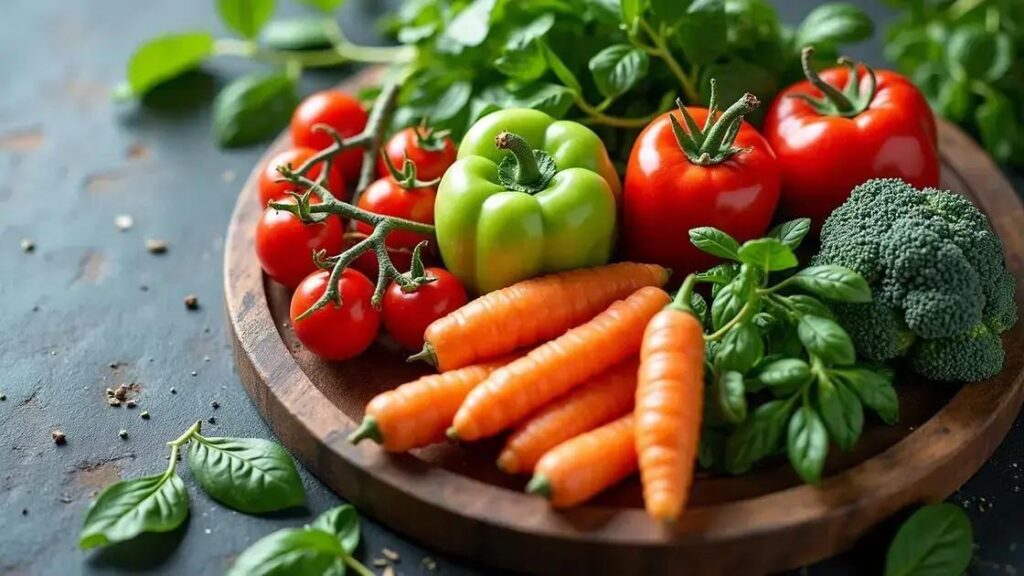To limit processed foods in a sustainable way, focus on incorporating fresh fruits, vegetables, whole grains, and homemade meals while reading nutrition labels and being mindful of portion sizes to enhance your overall health and well-being.
Understanding how to limit processed foods in a sustainable way is essential for both personal health and environmental sustainability. In today’s fast-paced world, convenience often trumps health, leading many to rely on processed options. However, with a few mindful changes, we can significantly reduce our consumption of these foods while making sustainable choices that benefit our bodies and our planet. This article will explore the impacts of processed foods on health, delve into sustainable alternatives, and provide practical tips to help you embrace a healthier and more eco-friendly diet.
Understanding Processed Foods
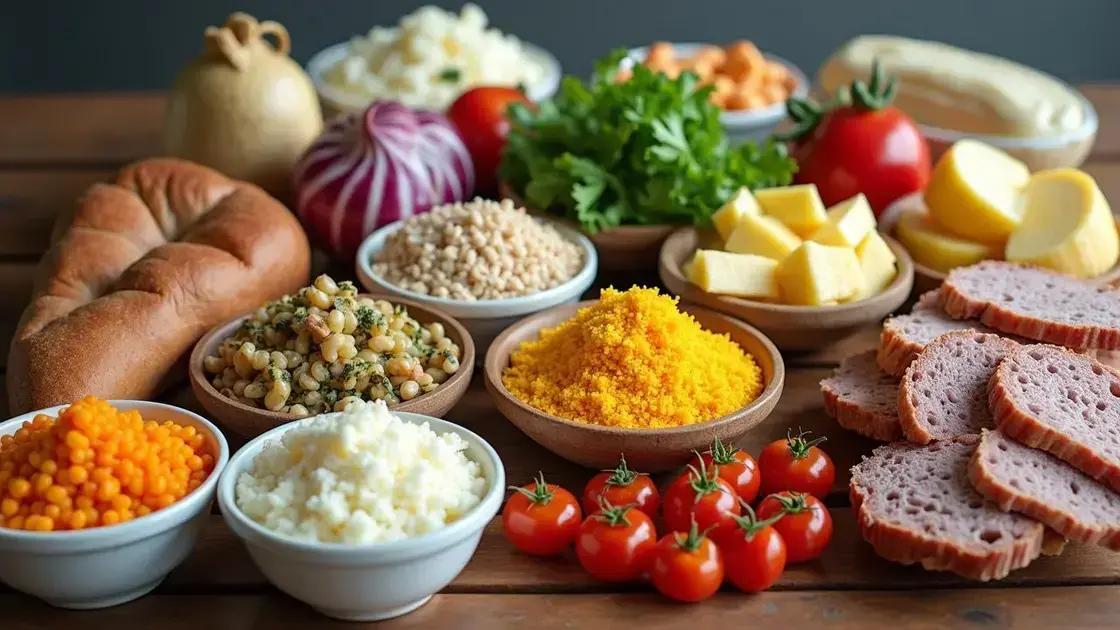
Processed foods are products that have been altered from their natural state through various methods. This can include adding ingredients, preservatives, or undergoing physical processing like cooking or freezing. Understanding processed foods is crucial because they dominate many diets today.
Types of Processed Foods
There are different categories of processed foods. Some common types include:
- Unprocessed or minimally processed foods: These are whole foods like fruits, vegetables, nuts, and grains that have little to no processing. They may be washed, cut, or packaged but retain most of their natural properties.
- Processed culinary ingredients: Items such as oils, sugars, and flours fall into this category. They are used to prepare food but are not meant to be consumed on their own.
- Processed foods: These contain ingredients added during manufacturing, such as canned vegetables or cheese. They may have added salt or sugar but still have recognizable whole food components.
- Ultra-processed foods: These are the least healthy and often contain artificial flavors, preservatives, and synthetic ingredients. Examples include sugary drinks, snack cakes, and instant noodles.
Why Are Processed Foods Popular?
Processed foods are popular for several reasons. They are often more convenient and cheaper than whole foods. Many people appreciate the ready-to-eat nature and long shelf life. However, while they may save time, processed foods can compromise nutritional value.
The Role of Labels
Reading food labels is essential for understanding what you are consuming. Many processed foods have added sugars, unhealthy fats, and preservatives. Look for ingredients you recognize, and avoid those with lengthy, complex ingredient lists.
A better diet begins with awareness. By educating ourselves about processed foods, we can make informed choices that align with our health and sustainability goals.
Health Impacts of Processed Foods
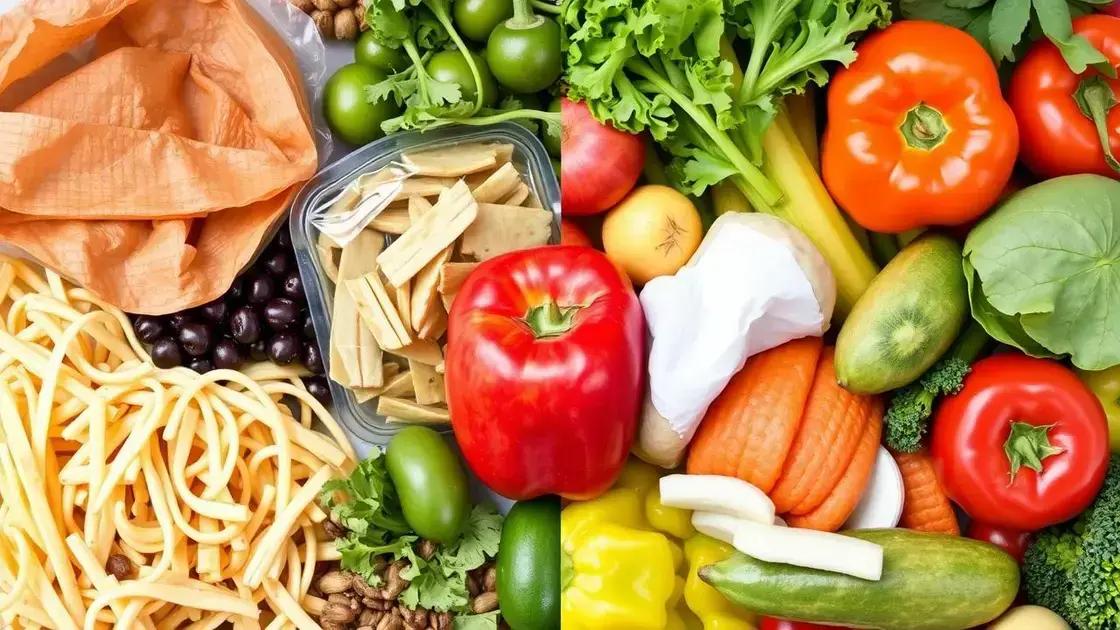
Processed foods can have various health impacts, many of which are concerning. They often contain high levels of added sugars, unhealthy fats, and preservatives, which can contribute to several health issues.
Weight Gain and Obesity
Many processed foods are energy-dense but nutrient-poor. They can lead to weight gain and obesity when consumed in large quantities. This is due to their high calorie content and low satiety, making it easy to overeat.
Increased Risk of Chronic Diseases
Eating a diet high in processed foods has been linked to chronic diseases such as:
- Heart disease: High levels of trans fats, sodium, and added sugars can lead to elevated blood pressure and cholesterol levels.
- Type 2 diabetes: Processed foods can cause spikes in blood sugar levels, increasing the risk of developing insulin resistance.
- Certain cancers: Some studies suggest a link between ultra-processed food consumption and an increased risk of certain cancers.
Nutritional Deficiencies
Processed foods often lack essential nutrients. When whole foods are replaced with heavily processed options, important vitamins and minerals may be missed, leading to deficiencies.
Impact on Mental Health
Research indicates that diets high in processed foods can negatively impact mental health. Nutritional deficiencies and a high intake of sugar and unhealthy fats may contribute to anxiety and depression.
Understanding these health impacts is key to making better food choices. By being aware of the risks associated with processed foods, you can start taking steps toward a healthier and more balanced diet.
Sustainable Alternatives to Processed Foods
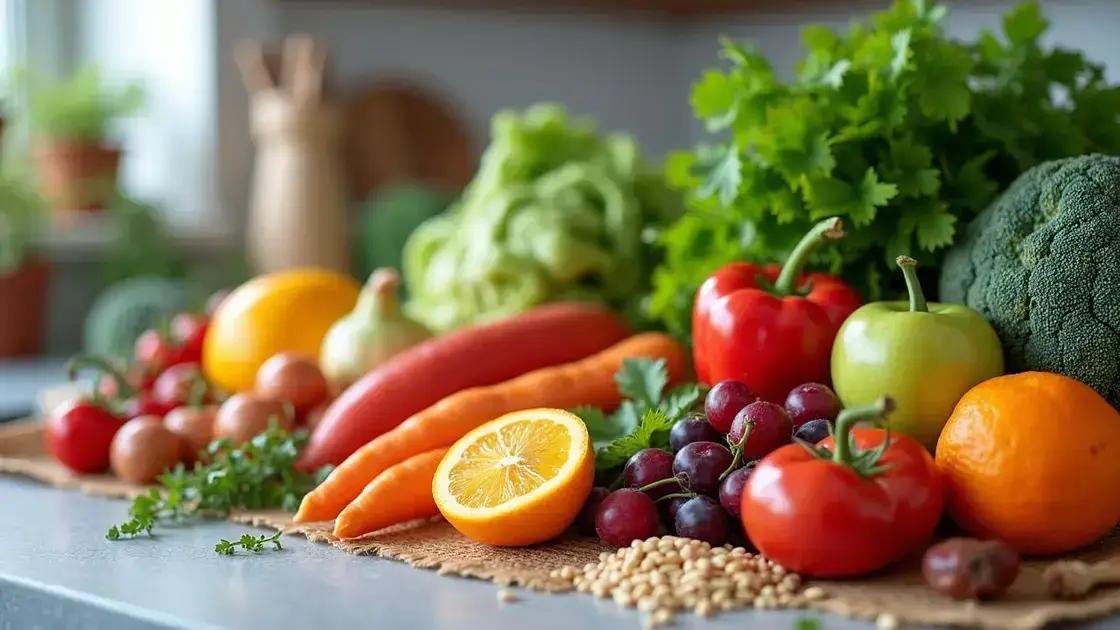
Finding sustainable alternatives to processed foods can help improve your health and the environment. Here are some simple swaps to consider:
1. Fresh Fruits and Vegetables
Instead of reaching for packaged snacks or meals, choose fresh fruits and vegetables. They provide essential nutrients and are often more satisfying. Try to shop locally to support farmers and reduce your carbon footprint.
2. Whole Grains
Opt for whole grains like brown rice, quinoa, and whole-wheat bread over refined grains. Whole grains are higher in fiber and nutrients, making them a healthier choice.
3. Homemade Meals
Preparing meals at home is a great alternative to buying processed convenience foods. Use simple, whole ingredients to make your meals. It also allows you to control what goes into your food.
4. Natural Sweeteners
Instead of sugary snacks and desserts, consider using natural sweeteners like honey, maple syrup, or fresh fruit in your recipes. They offer sweetness without the negative health impacts of refined sugars.
5. Plant-Based Proteins
Replace processed meats with plant-based proteins such as beans, lentils, and tofu. These options are often more environmentally friendly and can be just as filling.
By choosing these sustainable alternatives, you can limit your intake of processed foods while promoting better health and a healthier planet. Small changes in your diet can lead to significant benefits!
Practical Tips for a Healthy Diet
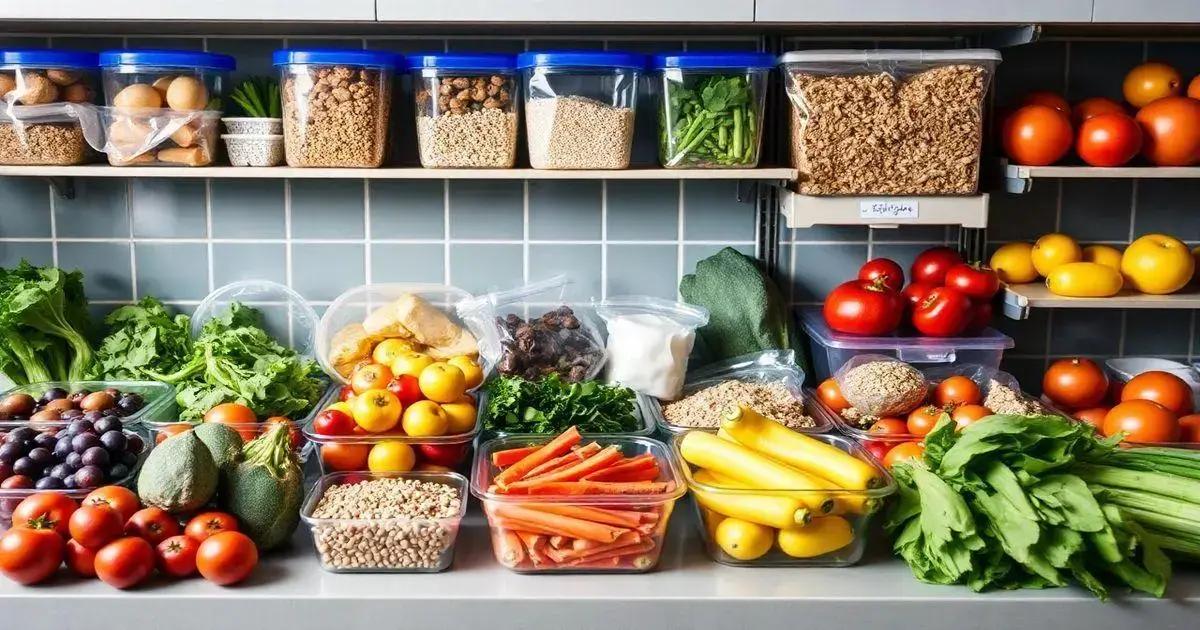
Implementing practical tips for a healthy diet can make a significant difference in your overall well-being. Here are some easy-to-follow guidelines:
1. Plan Your Meals
Meal planning can help you avoid processed foods. Take time each week to create a balanced meal plan. Include a variety of fruits, vegetables, whole grains, and proteins in your meals.
2. Read Nutrition Labels
When buying packaged foods, always read the nutrition labels. Look for products with fewer ingredients and lower amounts of added sugars, sodium, and unhealthy fats.
3. Stay Hydrated
Drinking plenty of water is essential for a healthy diet. Replace sugary drinks with water or herbal teas. Staying hydrated can help control hunger and improve digestion.
4. Be Mindful of Portion Sizes
Pay attention to portion sizes to avoid overeating. Use smaller plates and bowls to help control portions. Enjoy your meals slowly and pay attention to your body’s hunger signals.
5. Include Snacks Wisely
Choose healthy snacks like nuts, yogurt, or fresh fruits to stave off hunger between meals. Avoid snacks that are high in sugar or processed ingredients.
By following these practical tips, you can build a healthier diet that minimizes processed foods and supports your wellness journey.
Embracing a Healthier Lifestyle
Adopting a healthier diet that limits processed foods is not just beneficial for your individual health, but it also contributes positively to the environment. By understanding processed foods, recognizing their health impacts, and exploring sustainable alternatives, you can make informed food choices.
Implementing practical tips for a healthy diet ensures that you nourish your body with whole, natural foods while enjoying the culinary process. Every small change brings you closer to a balanced lifestyle.
Embrace these changes with commitment and creativity, and you will reap rewards in both your health and the health of the planet.
FAQ – Frequently Asked Questions About Limiting Processed Foods
What are processed foods?
Processed foods are items that have been altered from their natural state, often containing added ingredients like sugars, fats, and preservatives.
Why is it important to limit processed foods?
Limiting processed foods can help improve your overall health, reducing the risk of chronic diseases, weight gain, and nutritional deficiencies.
What are some alternatives to processed foods?
Sustainable alternatives include fresh fruits and vegetables, whole grains, homemade meals, and plant-based proteins.
How can I maintain a healthy diet?
Planning meals, reading nutrition labels, staying hydrated, and being mindful of portion sizes are key strategies to maintain a healthy diet.
What are practical tips for avoiding processed foods?
Some tips include cooking at home, choosing natural sweeteners, snacking wisely, and incorporating a variety of whole foods into your diet.
How does reducing processed foods benefit the environment?
Choosing whole, natural foods often means supporting local farmers and reducing the carbon footprint associated with food processing and transportation.

